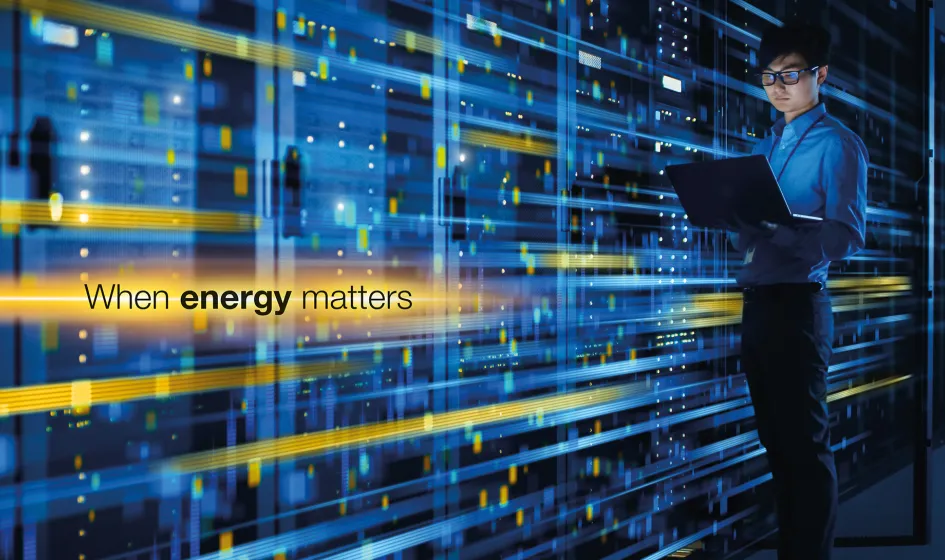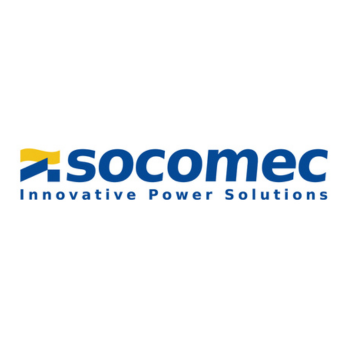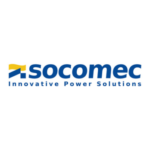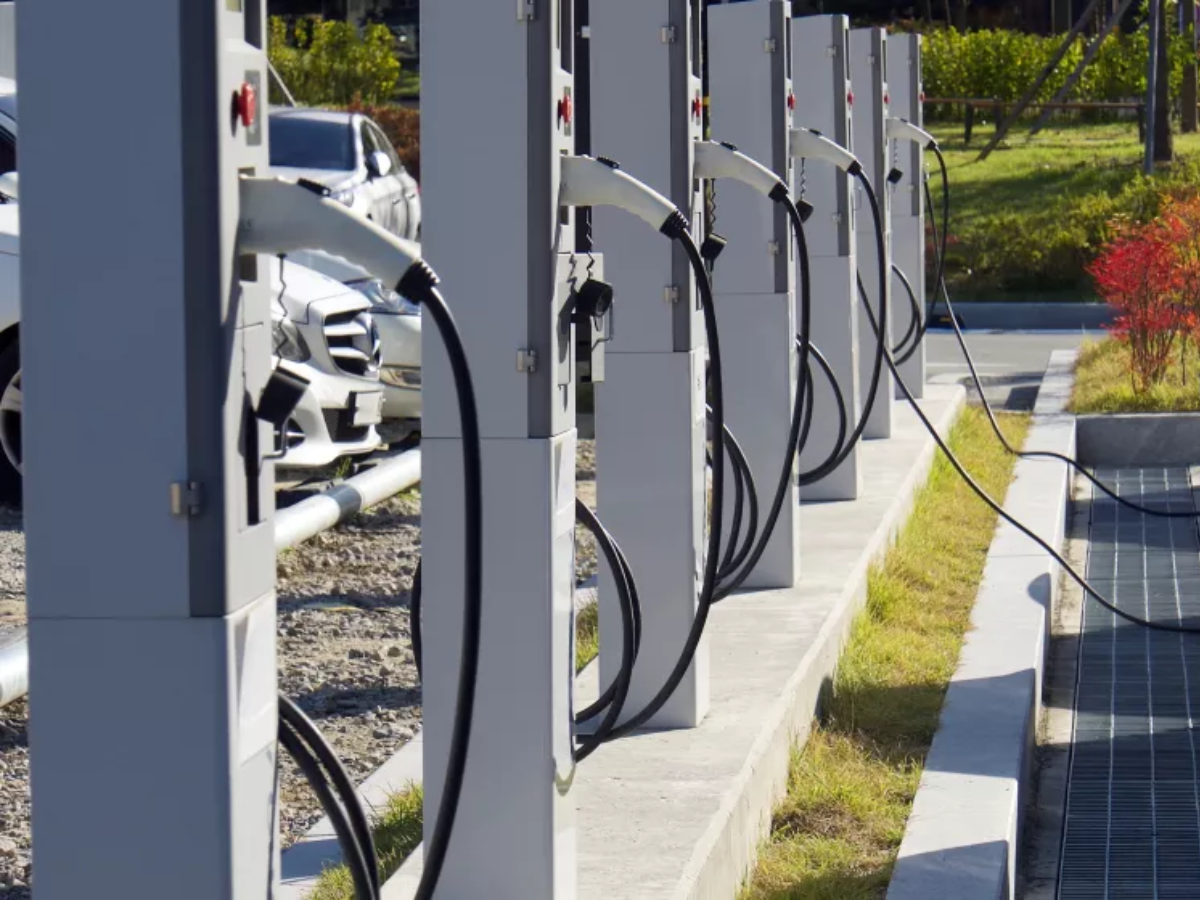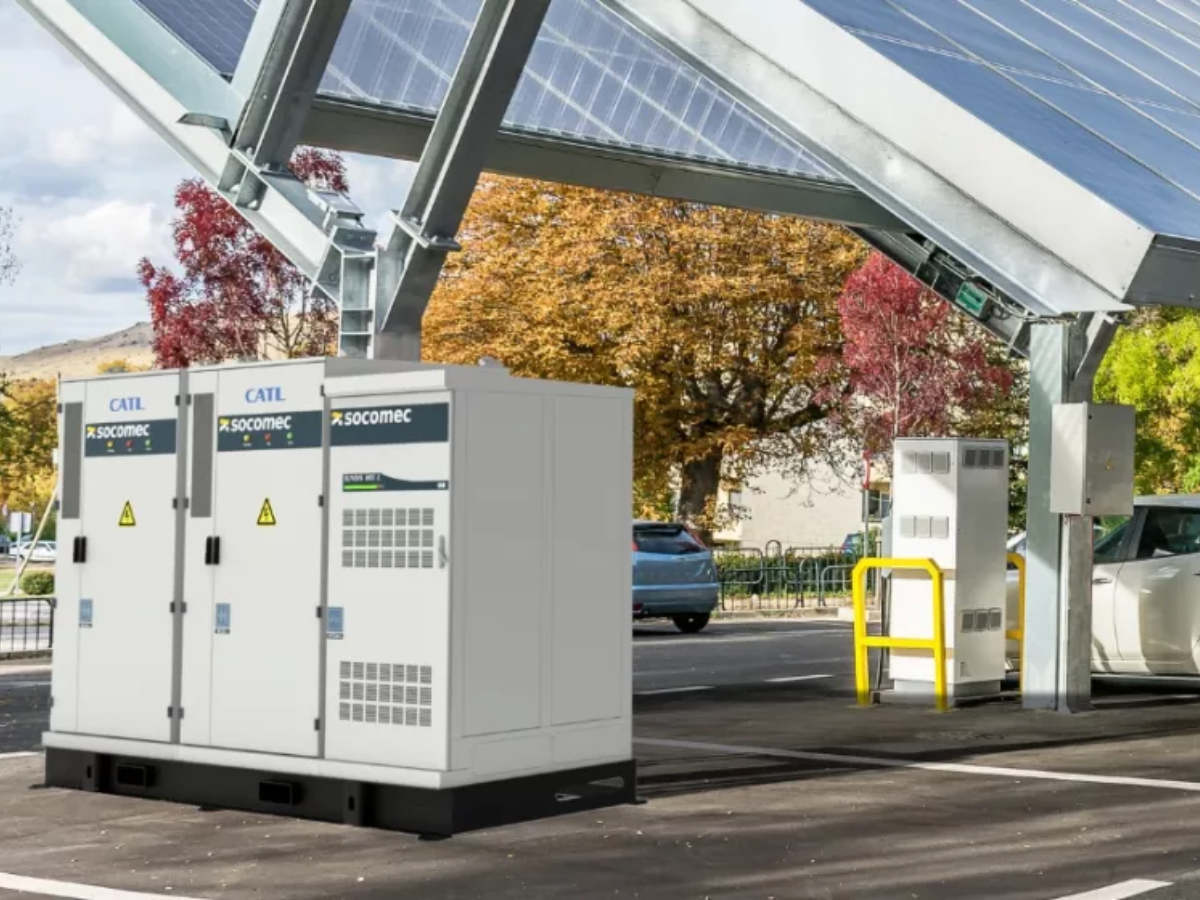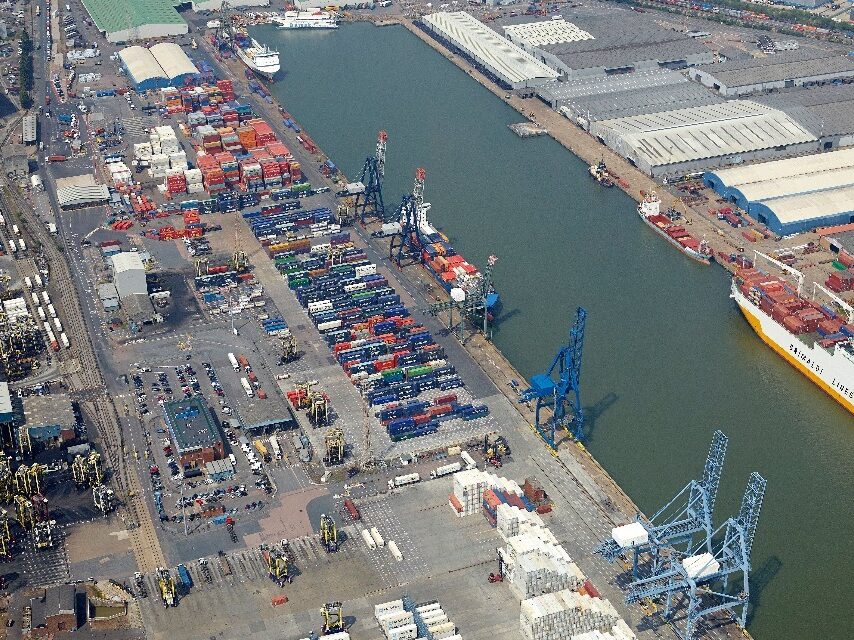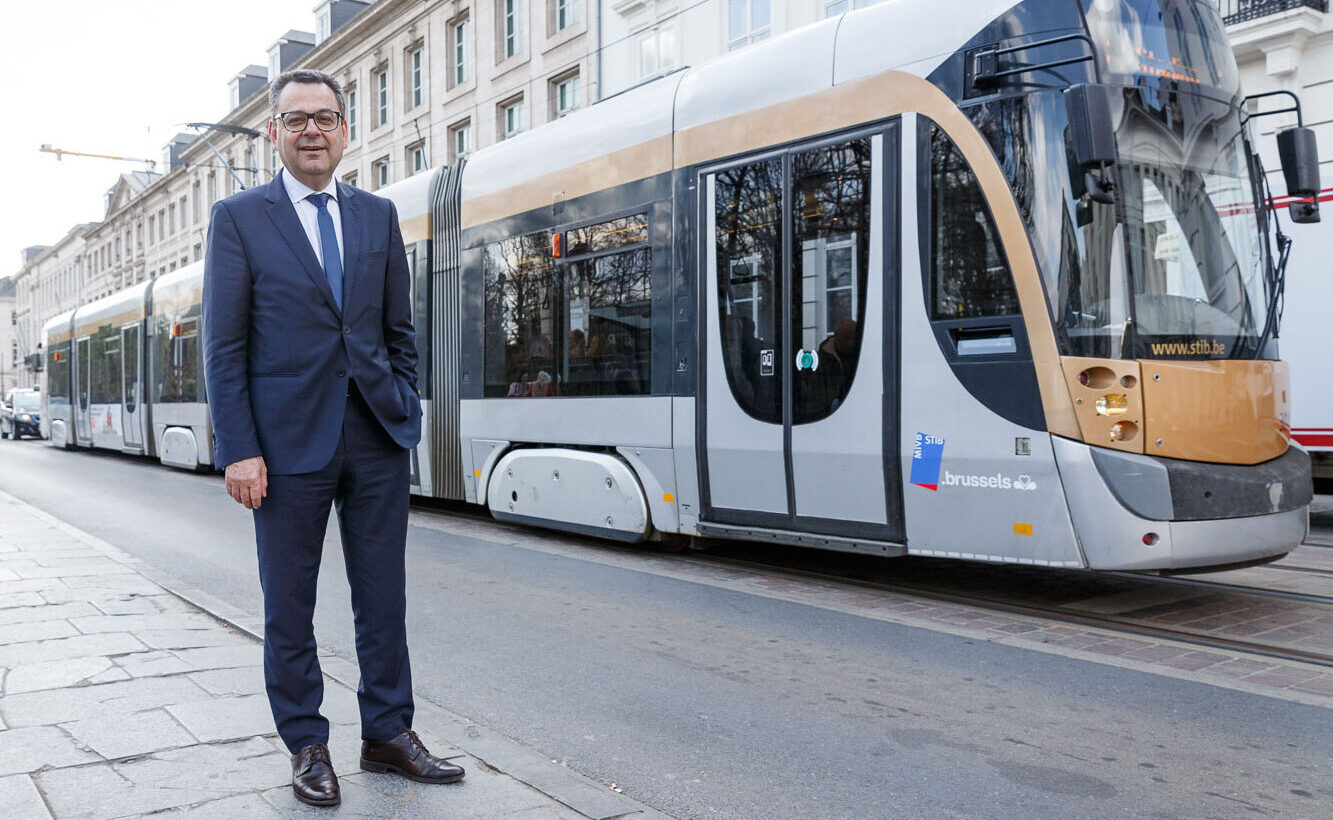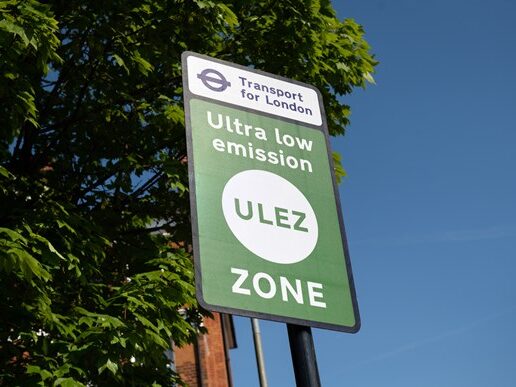Following the recent gathering of energy companies and Data Centre operators at Data Centre World in London earlier this month, we’re exploring some emerging trends including how AI is shaping Data Centre innovation, the importance of power density and the ongoing criticality of scalability, efficiency and total cost of ownership (TCO). We’ll also look to the future at opportunities to improve sustainability and the effects of the EU Energy Efficiency Directive (EED).
The Impact of AI on Data Centre Evolution
Despite being relatively new on the block, AI is already making operations smoother, cutting energy use and boosting uptime – with annual market expansion at 35% from 2025 to 2030 –(McKinsey) AI-powered data analytics are enabling us to manage resources more effectively, predict maintenance needs and optimise cooling systems. A case in point is Google, where Data Centre power consumption has been reduced by 15% thanks to Machine Learning (ML) algorithms and AI (The Guardian).
Power Density, Scalability, Efficiency & TCO
When it comes to balancing rising power density, increased scalability, efficiency requirements and total cost of ownership (TCO), for innovative Data Centres it’s all about keeping up with the demands of high-performance computing and AI tasks. High-density racks can now house more servers in less space, which in turn calls for smarter power backup, cooling solutions and effective power distribution systems to handle the extra heat and energy use.
Scalability and efficiency are crucial for Data Centres to keep up with increasing demands – ensuring that infrastructure investments are future-proof, and avoiding expensive upgrades down the line. Systems now need the agility to leap forward, as well as the ability to grow incrementally. The TCO model emphasises the need to strike a balance between capital expenditure (CAPEX) and operational expenditure (OPEX), and efficient power management systems is key to lowering energy costs and enhancing overall performance.
Sustainability: Green Data Centre Innovation
With sustainability more in focus than ever before, the most innovative Data Centres are working hard to limit their environmental footprint, implementing key strategies such as the deployment of renewable energy and enhancing cooling efficiency. Increasingly embracing green AI infrastructure, Data Centres are incorporating renewable energy sources in order to meet stretching sustainability targets, and there is a growing trend towards using waste heat for district heating and other energy recovery applications.
Impact of Energy Directives
The European Union’s Energy Efficiency Directive (EED) imposes strict energy performance standards on Data Centres, whereby operators are required to publicly share their energy performance data, including energy consumption, Power Usage Effectiveness (PUE) and the use of renewable energy. The directive also emphasises the importance of utilising waste heat for energy recovery and promotes the integration of renewable energy sources. Following these regulations not only helps with compliance but also boosts operational efficiency and sustainability.
The Innovation Wave
What’s shaping the future of Data Centre innovation?
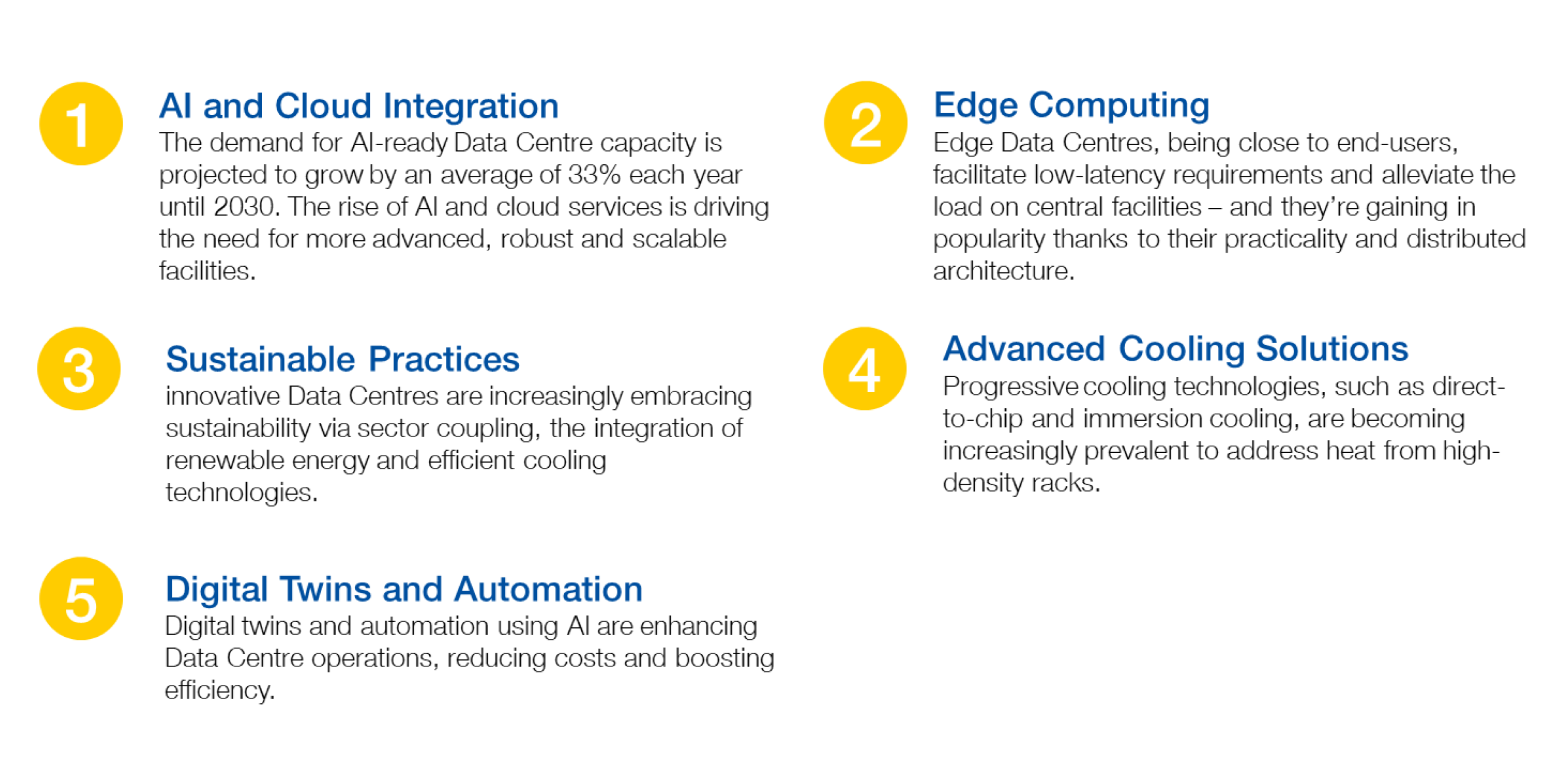
Colin Dean, Managing Director, Socomec UK, said:With the Data Centre industry at the inflection point of its evolution, Socomec operates at the intersection of key technologies that will enable this exponential growth. Our energy efficiency metering solutions and high-density, low-footprint UPS solutions are helping to drive Data Centre innovation, making them more efficient and more sustainable, supporting operators in reaching their energy performance goals and achieving regulatory compliance.
Is It Time To Rethink Your Critical Infrastructure in the Age of AI?
Colin Dean, said:It’s clear that today's proactive endeavours will shape tomorrow's direction in the industry. Focusing on innovation and sustainability, Data Centres can become the platform upon which to build an economical and eco-friendly future. With ever increasing AI demands, power consumption woes and sustainability goals, the Data Centre industry stands at a crossroads. The implementation of effective technologies such as modern power backup systems, liquid cooling and battery energy storage systems (BESS) is imperative in addressing such challenges and being fit for the future.
By embracing and investing in AI, next-generation infrastructure power backup technologies and sustainable practices, innovative Data Centres can keep pace with the growing demands of the digital economy without increasing their environmental footprint.
What Will Shape Data Centre Innovation in the Next 3 to 5 Years?
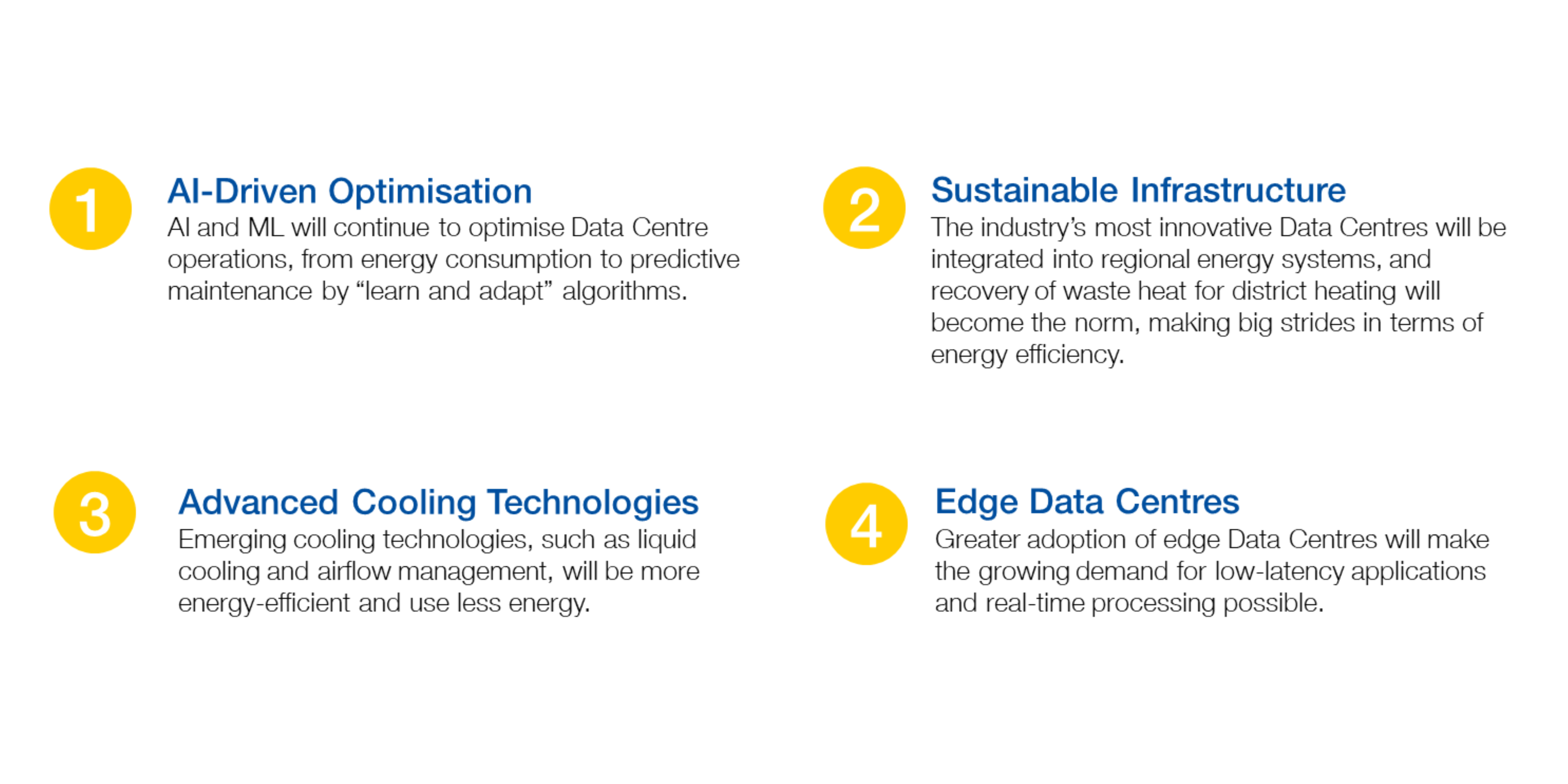
This article was originally published by Socomec UK.

